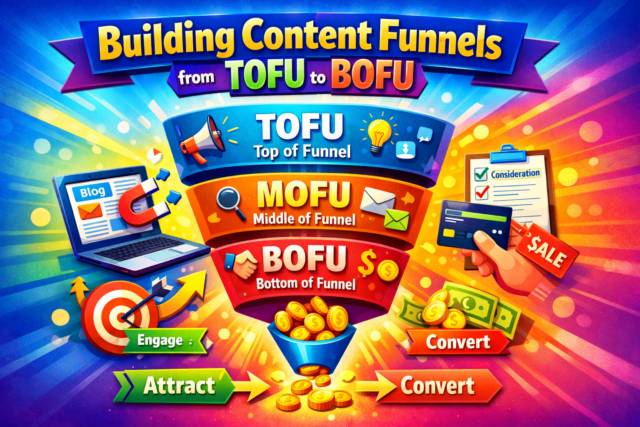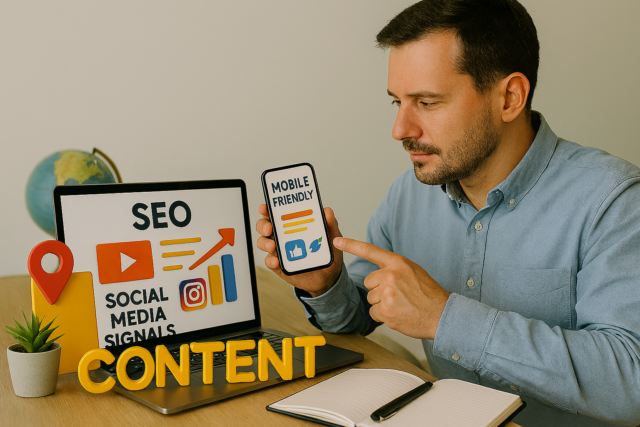Online Web Experiences in B2B
B2B Marketing can be enormously complex. We deal with it every day, so we know. The same B2B strategy might fail for two similar clients. There are so many contributing factors that decide the ranking positions on Google.
Google’s 200 Ranking Factors: The Complete List (2021) ➤
What Matters in B2B Marketing?
Online web experience plays a key role in B2B marketing success. B2B sales rely heavily on long-term, meaningful online interactions. Sometimes it is hard to convert online prospects into qualified leads because of a lack of interactive web online experience. An interactive web online experience is the engagement and activities of a user on a website. If you are filtering down a list of factors that could be a game-changer for B2 B’s success, I will put interaction and engagement on the top.
Average Time-Spent on Page
A business-to-business user is of a completely different mindset as compared to the business-to-consumer user. The entire strategy of a website dealing with B2B traffic is to engage and retain the user’s interest. At the same time, it may be different for an e-commerce website. The higher the average time spent on a web page by the user, the more likely it will convert. Even if it doesn’t convert into a lead immediately, it falls into a ‘strong prospect’ category for future conversions.
We have a streamlined B2B lead generation system exclusively designed for fulfilling lead pipelines for B2B businesses. Learn more about it here ➤ B2B Lead Generation
The Cost Which B2B Marketers Pay
The cost of digital advertising continues to increase year after year, and due to that, businesses use multiple website traffic sources to generate qualified sales leads. It is interesting to learn that different traffic sources may interact differently with the same B2B website. This is where the user intent comes in. E-consultancy postulated Online Web Experiences in B2B by saying that approximately 78% of businesses are dissatisfied with the number of leads generated from their website.
B2B marketers use a conversion rate to benchmark and evaluate organic or paid digital marketing campaigns.
Workstream suggested that the average conversion rate on Google paid advertising in 2019 was 4.44% on the search word network and 0.57% on the display network. Organizations use the conversion rate as a critical metric to monitor and optimize the consumer’s online web experience. Landing page experience is one part of how the user can be tailored to a conversion. An organization’s inability to manage its website user experience may lower conversion rates, revenue streams, and profitability.
Read ➤ How to grow website traffic with these 5 easy SEO Hacks.





